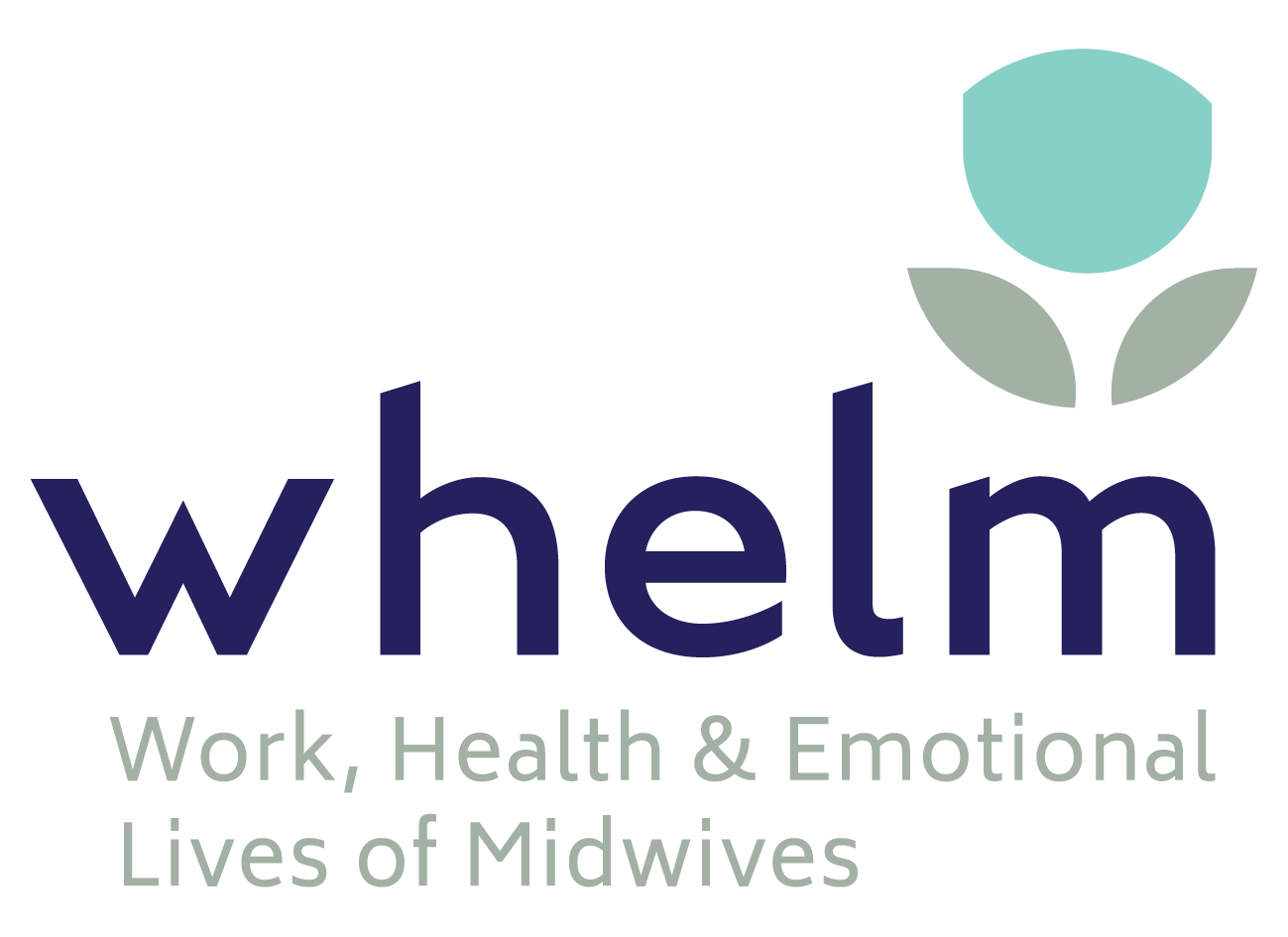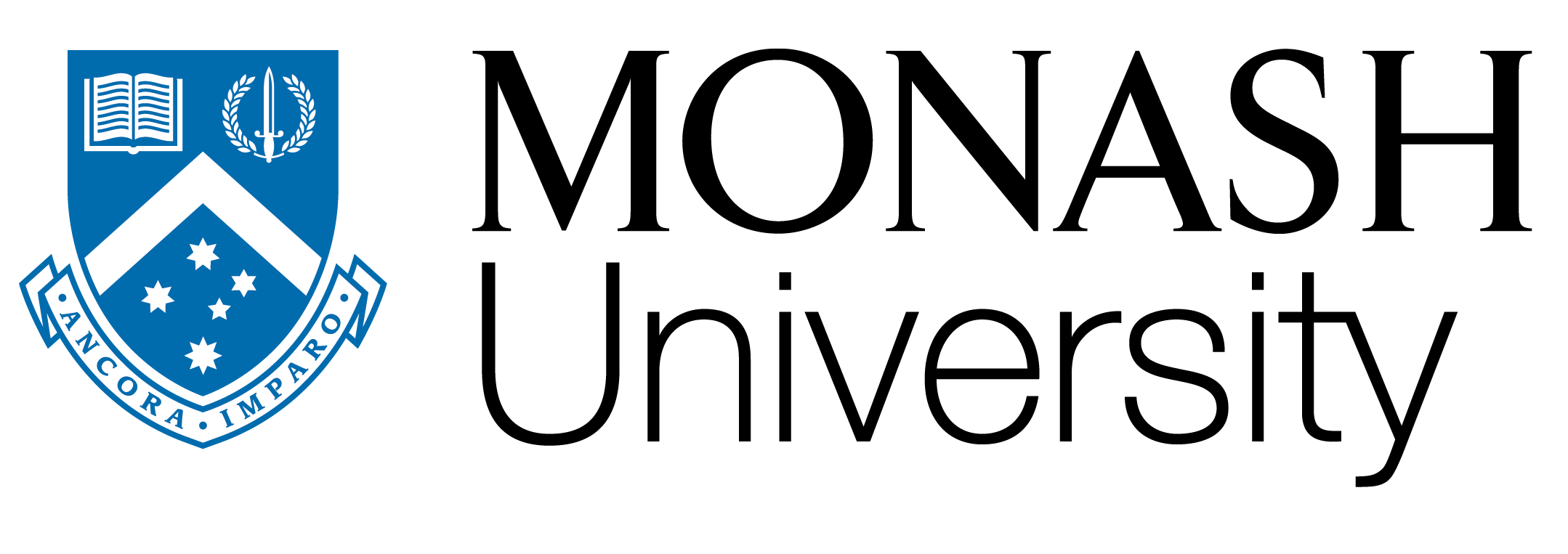Transition from midwifery student to graduate
After years of dedicated study and hours of supervised practice, the midwifery student finally steps into role of midwife. Much like becoming a mother -where the ideals of motherhood can quickly be challenged by the realities of wakeful nights, unexpected behaviours and an overwhelming sense of responsibility – so too the new graduate can find this transition challenging and stressful. Researchers have suggested that new midwives are surviving but not thriving (Fenwick et al., 2012). The experience of graduate midwives was described as similar to swimming in a pond – sink or swim. Notably, a positive and supportive relationships with other midwives were described as a ‘life-raft’, whereby the new midwife could build her confidence and engage competently in practice (Fenwick et al., 2012).
Midwifery transition to practice is a key priority
Professor Mary Sidebotham, Deputy Director of Transforming Maternity Care Collaborative, and Associate Professor Lois McKellar, Program Lead – Education, recently coordinated a Delphi study to look at this issue. A Delphi study is a process used to gain reliable expert consensus on a topic (Barrett & Heale, 2020). Sidebotham et al. (2020) sought to identify priorities for midwifery education across Australia and New Zealand. Experts identified that one of the priorities was support for new graduate midwives in their transition to practice (Sidebotham et al. 2020).
Midwifery transition to practice programmes
Currently, in Australia, most graduate midwives are employed by health services into a formal hospital graduate program, with only a few transitioning directly into midwifery continuity models of care (Cummins & Gray, 2019). These graduate programs were largely developed based on the early model for nursing graduates. In this way, graduate programs aim to provide a structured approach to transition, rotating graduates through a variety of clinical areas, as well as providing additional educational support.
Anecdotally and drawing on limited research, there is a growing frustration with the lack of opportunity for graduates to transition directly into midwifery continuity of care models (Cummins et al., 2015). Furthermore, there are suggestions these programs foster institutional enculturation, with graduates feeling overwhelmed by organisational time pressures and policy driven agendas, which at times leaving them feeling isolated and unsupported (Clements et al., 2012). There is a need to understand the experience of the graduate midwife, and to explore how midwives can nurture the confidence and ongoing development of new graduates.
New graduates’ perceptions of transition programmes
Professor Virginia Stulz, Chair of the Trans-Tasman Midwifery Education Consortium, is currently leading a multisite study, collaborating with nine organisations across Australia. The study aims to explore midwifery graduates’ perceptions of existing graduate transition programs. Additionally, the study will explore the perspectives of the midwife engaged in supporting new graduates within these programs. The study hopes to further unpack the larger organisational challenges to employing new graduate midwives in midwifery continuity of care models (Cummins et al., 2018).
Preliminary survey findings
While the study is still underway, there are preliminary findings from a survey with 218 midwives across all states of Australia in metropolitan/tertiary and rural/regional areas. This survey showed that 85% of midwives perceived they supported new midwifery graduates to work autonomously, with nearly three quarters stating that their health service was committed to fostering the importance of the midwife in facilitating positive birth experiences. Nevertheless, only 54% of the participants reported that the transition programme at their health service supported new midwifery graduates to advocate for women’s rights. Additionally, only 50% of the midwives surveyed felt that they had the resources to support a new midwifery graduate. The majority (96%) of respondents thought access to a mentor and/or preceptor was important for new midwifery graduates. Participants recognised that new graduates are likely to stay in the workforce if they feel a sense of belonging in their workplace. Indeed, midwives who provide caring and nurturing mentorship to midwifery students increase the likelihood that they will remain in the profession when they graduate (Stulz et al., 2021).
Survey now open
A survey is still open for midwives to respond and offer their experience of supporting new graduates. The project is also recruiting final year midwifery students to complete a survey about their expectations, aspirations, and any anticipated concerns or fears. The survey will also seek feedback about their first year of practice and experience in graduate transition programs. The surveys can be accessed via the links below.
Midwife link: https://surveyswesternsydney.au1.qualtrics.com/jfe/form/SV_22Vgr7CZnzBiV5X
Midwifery student link: https://surveyswesternsydney.au1.qualtrics.com/jfe/form/SV_6VDsShbDgWO2dLf
References
Barrett, D., & Heale, R. (2020). What are Delphi studies? Evidence-Based Nursing, 23, 68-69.
Clements, V., Fenwick, J., & Davis, D. (2012). Core elements of transition support programs: the experiences of newly qualified Australian midwives. Sex, Reproduction and Healthcare, 3(4). 155–162.
Cummins, A.M. & Gray, M. (2019). Birth of a Midwife: The transitional journey from student to practitioner. In M. Gray et al. (Eds.), Starting Life as a Midwife an International Review of Transition from Student to Practitioner (1st ed.), Springer International Publishing, Cham.
Cummins, A.M., Catling, C., Homer, C.S.E. (2018). Enabling new graduate midwives to work in midwifery continuity of care models: A conceptual model for implementation. Women and Birth, 31, 343–349.
Cummins, A.M., Denney-Wilson, E., Homer, C.S.E. (2015). The experiences of new graduate midwives working in midwifery continuity of care models in Australia. Midwifery, 31(4), 438–444.
Fenwick, J., Hammond, A., Raymond, J., Smith, R., Gray, J., Foureur, M., Homer, C., & Symon, A. (2012). Surviving, not thriving: a qualitative study of newly qualified midwives’ experience of their transition to practice. Journal of Clinical Nursing, 21, 2054–2063
Sidebotham, M, Davis, D., Gamble, J., McKellar, L., Gilkison., A. (2021). The priorities of midwifery education across Australia and New Zealand: a Delphi study. Women and Birth, 34,136–144.
Stulz, V., Francis, L., Pathrose, S., Sheehan, A., & Drayton, N. (2021). Appreciative inquiry as an intervention to improve nursing and midwifery students transitioning into becoming new graduates: An integrative review. Nurse Education Today, 98, 104727. doi:https://doi.org/10.1016/j.nedt.2020.104727








